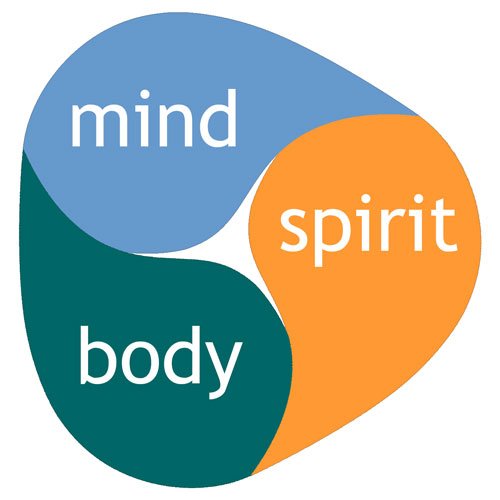In today’s fast-paced world, the importance of nurturing our overall wellness cannot be overstated. Wellness encompasses not only our physical health but also our mental and emotional well-being. One fundamental aspect of wellness that often goes overlooked is the intricate and powerful connection between the mind and the body.
Understanding the Mind-Body Connection
The mind-body connection refers to the profound relationship between our mental and emotional states and our physical health. This connection is not a one-way street; rather, it is a complex interplay where our thoughts, emotions, and behaviors can significantly influence our physical well-being, and vice versa.
Stress and Its Impact
Stress is one of the most potent examples of how the mind-body connection functions. When we experience stress, whether it’s due to work pressures, relationship issues, or other life challenges, our bodies respond by releasing stress hormones such as cortisol and adrenaline. These hormones prepare us for the “fight or flight” response, which can be beneficial in short bursts.
However, chronic stress, where these hormones are continually elevated, can lead to a range of physical health problems. These may include cardiovascular issues, weakened immune function, digestive disorders, and even chronic pain. It’s clear that our mental and emotional state, in this case, stress, has a direct impact on our physical well-being.
The Placebo Effect
The placebo effect is another fascinating demonstration of the mind-body connection. It occurs when a person experiences symptom relief or perceives an improvement in their condition after receiving a treatment or intervention that has no therapeutic value. This phenomenon highlights the power of belief and the mind’s ability to influence the body.
Studies have shown that when individuals believe in the efficacy of a treatment, their bodies often respond by releasing endorphins and other chemicals that promote healing and pain relief. This shows that our thoughts and expectations can directly influence our physical experiences.
Nurturing the Mind-Body Connection for Wellness
Now that we’ve established the significance of the mind-body connection, let’s explore some ways to nurture and harness this connection to enhance our overall wellness.
Mindfulness and Meditation
Mindfulness and meditation practices are powerful tools for nurturing the mind-body connection. These practices involve paying focused attention to the present moment, which can help reduce stress and anxiety. Regular meditation can also improve sleep, increase self-awareness, and enhance emotional regulation. These benefits, in turn, have a positive impact on physical health.
Exercise for Mental and Physical Health
Exercise is a prime example of an activity that benefits both the mind and body. Physical activity releases endorphins, the body’s natural mood elevators, which can help reduce symptoms of depression and anxiety. Regular exercise also improves cardiovascular health, boosts immune function, and helps maintain a healthy weight. Engaging in physical activities you enjoy can enhance your overall sense of well-being.
Nutrition and Gut Health
The gut-brain connection is an emerging area of research that underscores the link between what we eat and how we feel. A balanced diet rich in nutrients not only supports physical health but also influences mental and emotional well-being. Foods that promote gut health, such as probiotics and fiber-rich foods, can positively impact mood and reduce symptoms of anxiety and depression.
Positive Affirmations and Visualization
Engaging in positive affirmations and visualization exercises can help rewire your thought patterns and create a more positive mindset. By consistently reinforcing positive beliefs and images, you can reduce stress, boost confidence, and enhance your overall mental and emotional state. This, in turn, can lead to improved physical health outcomes.
Seeking Professional Support
Sometimes, nurturing the mind-body connection requires professional guidance. If you are struggling with chronic stress, anxiety, depression, or other mental health issues, seeking the help of a therapist or counselor can be transformative. These professionals can provide tools and strategies to manage your emotions and improve your overall wellness.
Conclusion
The mind-body connection is a powerful force that plays a significant role in our overall wellness. By understanding and nurturing this connection, we can enhance our mental, emotional, and physical health. Incorporating practices like mindfulness, exercise, a healthy diet, positive affirmations, and seeking professional support can lead to a harmonious and vibrant state of well-being.

